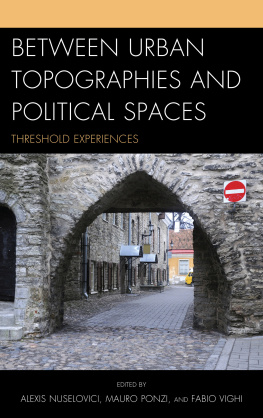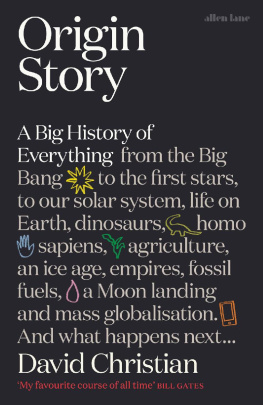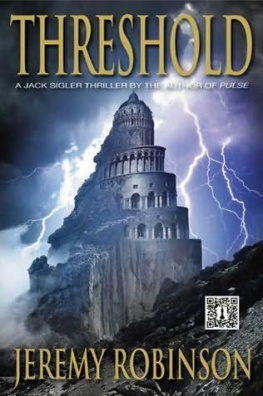Cover copyright 2018 by Hachette Book Group, Inc.
Hachette Book Group supports the right to free expression and the value of copyright. The purpose of copyright is to encourage writers and artists to produce the creative works that enrich our culture.
The scanning, uploading, and distribution of this book without permission is a theft of the authors intellectual property. If you would like permission to use material from the book (other than for review purposes), please contact permissions@hbgusa.com. Thank you for your support of the authors rights.
Little Brown Spark is an imprint of Little, Brown and Company, a division of Hachette Book Group, Inc. The Little, Brown Spark name and logo are trademarks of Hachette Book Group, Inc.
The publisher is not responsible for websites (or their content) that are not owned by the publisher.
The Hachette Speakers Bureau provides a wide range of authors for speaking events. To find out more, go to hachettespeakersbureau.com or call (866) 376-6591.
We tell stories to make sense of things. Its in our blood.
L IA H ILLS , R ETURN TO THE H EART
The idea of a modern origin story is in the air. For me, it began with a course on the history of everything that I first taught at Macquarie University in Sydney in 1989. I saw that course as a way of getting at the history of humanity. At the time, I taught and researched Russian and Soviet history. But I worried that teaching a national or imperial history (Russia was both nation and empire) conveyed the subliminal message that humans are divided, at the most fundamental level, into competing tribes. Was that a helpful message to teach in a world with nuclear weapons? As a schoolboy during the Cuban missile crisis, I vividly remember thinking we were on the verge of an apocalypse. Everything was about to be destroyed. And I remember wondering if there were kids over there in the Soviet Union who were equally scared. After all, they, too, were humans. As a child, I had lived in Nigeria. That gave me a strong sense of a single, extraordinarily diverse human community, a feeling that was confirmed when, as a teenager, I went to Atlantic College, an international school in South Wales.
Several decades later, as a professional historian, I began to think about how to teach a unified history of humanity. Could I teach about the heritage shared by all humans and tell that story with some of the grandeur and awe of the great national histories? I became convinced that we needed a story in which our Paleolithic ancestors and Neolithic farmers could play as important a role as the rulers, conquerors, and emperors who have dominated so much historical scholarship.
Eventually, I understood that these were not original ideas. In 1986, the great world historian William McNeill argued that writing histories of the triumphs and tribulations of humanity as a whole was the moral duty of the historical profession in our time. Even earlier, but in the same spirit, H. G. Wells wrote a history of humanity as a response to the carnage of World War I.
There can be no peace now, we realize, but a common peace in all the world; no prosperity but a general prosperity. But there can be no common peace and prosperity without common historical ideas. With nothing but narrow, selfish, and conflicting nationalist traditions, races and peoples are bound to drift towards conflict and destruction.
Wells understood something else, too: If you want to teach the history of humanity, you probably need to teach the history of everything. Thats why his Outline of History turned into a history of the universe. To understand the history of humanity, you have to understand how such a strange species evolved, which means learning about the evolution of life on planet Earth, which means learning about the evolution of planet Earth, which means learning about the evolution of stars and planets, which means knowing about the evolution of the universe. Today, we can tell that story with a precision and scientific rigor that was unthinkable when Wells wrote.
Wells was looking for unifying knowledgeknowledge that links disciplines as well as peoples. All origin stories unify knowledge, even the origin stories of nationalist historiography. And the most capacious of them can lead you across many time scales and through many concentric circles of understanding and identity, from the self to the family and clan, to a nation, language group, or religious affiliation, to the huge circles of humanity and life, and eventually to the idea that you are part of an entire universe or cosmos.
But in recent centuries, increasing cross-cultural contacts have shown how embedded all origin stories and religions are in local customs and environments. That is why globalization and the spread of new ideas corroded faith in traditional knowledge. Even true believers began to see that there were multiple origin stories that said very different things. Some people responded with aggressive, even violent, defenses of their own religious, tribal, or national traditions. But many simply lost faith and conviction, and along with them, they lost their bearings, their sense of their place in the universe. That loss of faith helps explain the pervasive anomie, the feeling of aimlessness, meaninglessness, and sometimes even despair that shaped so much literature, art, philosophy, and scholarship in the twentieth century. For many, nationalism offered some sense of belonging, but in todays globally connected world, it is apparent that nationalism divides humanity even as it connects citizens within a particular country.
I have written this book in the optimistic belief that we moderns are not doomed to a chronic state of fragmentation and meaninglessness. Within the creative hurricane of modernity, there is emerging a new, global origin story that is as full of meaning, awe, and mystery as any traditional origin story but is based on modern scientific scholarship across many disciplines.how to live sustainably. But it is worth knowing, because it draws on a global heritage of carefully tested information and knowledge and it is the first origin story to embrace human societies and cultures from around the world. It is a collective global project, a story that should work as well in Buenos Aires as in Beijing, as well in Lagos as in London. Today, many scholars are engaged in the exciting task of building and telling this modern origin story, looking for the guidance and sense of shared purpose that it may provide, like all origin stories, but for todays globalized world.
My own attempts to teach a history of the universe began in 1989. In 1991, as a way to describe what I was doing, I started using the term big history. Only as the story slowly came into focus did I realize that I was trying to tease out the main lines of an emerging global origin story. Today, big history is being taught in universities in many different parts of the world, and through the Big History Project, it is also being taught in thousands of high schools.
We will need this new understanding of the past as we grapple with the profound global challenges and opportunities of the twenty-first century. This book is my attempt to tell an up-to-date version of this huge, elaborate, beautiful, and inspiring story.

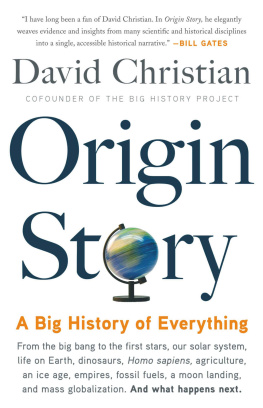
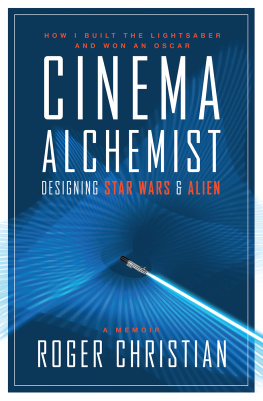

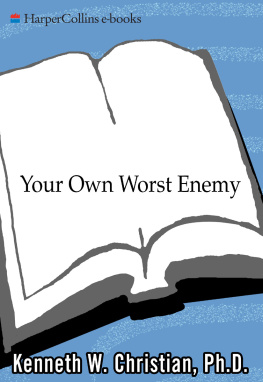
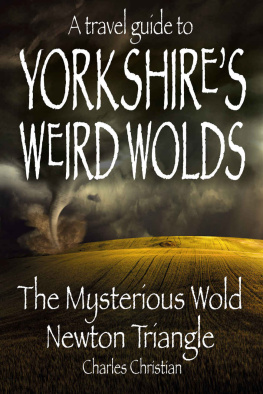
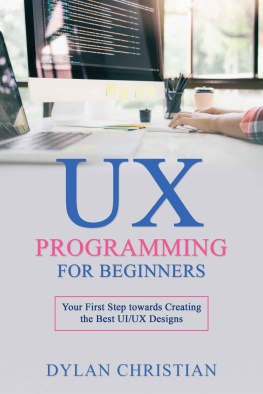

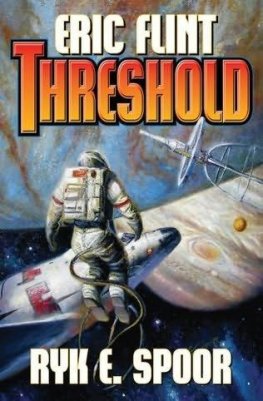
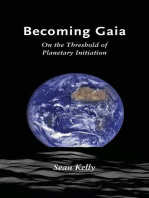
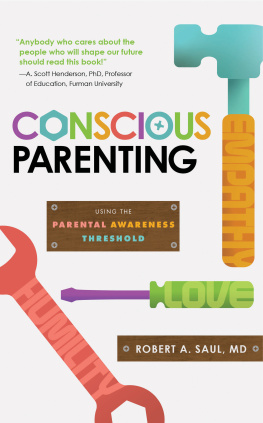
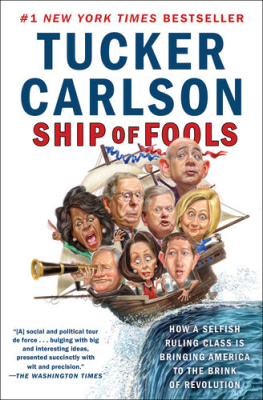
![Medosch - New Tendencies - Art at the Threshold of the Information Revolution [1961-1978]](/uploads/posts/book/219888/thumbs/medosch-new-tendencies-art-at-the-threshold-of.jpg)
